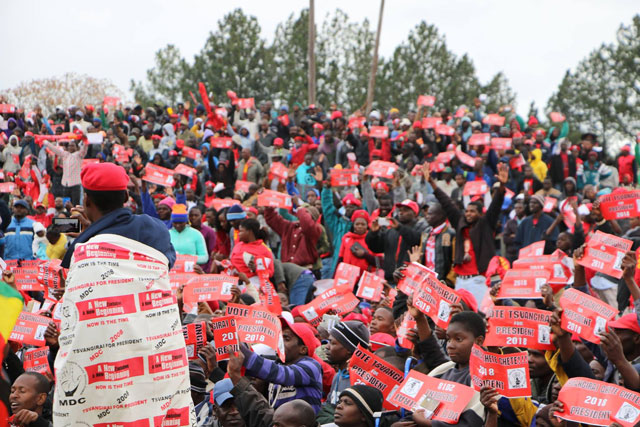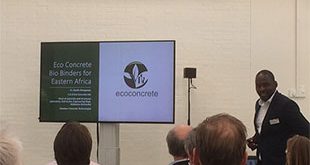
Zimbabwe: The opposition’s urban voter problem via @africaarguments
Harare, Zimbabwe | AFRICAN ARGUMENTS | As Zimbabwe heads for elections in 2018, all the economic warning signs are there for the ruling party. Under the ZANU-PF, the economy has gone into rapid decline and it’s possible that by the time the polls are held, the new currency of bond notes will be highly inflated.
Yet the party heads into 2018 much stronger than the main opposition, the Movement for Democratic Change (MDC-T) led by Morgan Tsvangirai.
Since the MDC was founded in 1999, it has presented the best chance of defeating the ZANU-PF and President Robert Mugabe at the polls. The MDC – or its main splinter group, MDC-T – has come close on a few occasions. But despite Zimbabwe’s current economic travails, the opposition’s prospects for 2018 are not looking good.
The MDC-T suffers from many external challenges and internal weaknesses. But at the heart of its travails lies its diminishing support particularly among urban voters.
Over the last four years, the MDC-T has lost key seats in previous strongholds. Poorer citizens in towns and cities are frustrated with opposition politics. Trust in opposition parties is at an all time low. An Afrobarometer survey suggests that 30% of urbanites do not trust the opposition at all, compared to 15% in 2005 and 11% in 2011. Meanwhile, support among the middle-class has also dropped as many have left the country in response to the declining economic conditions.
#Zimbabwe‘s MDC has lost touch with the urban voters that were its strongest supporters. But it’s not too late. https://t.co/ZOSGtAfLlb pic.twitter.com/kGEMS08v1o
— African Arguments (@africaarguments) July 28, 2017
 The Independent Uganda: You get the Truth we Pay the Price
The Independent Uganda: You get the Truth we Pay the Price



